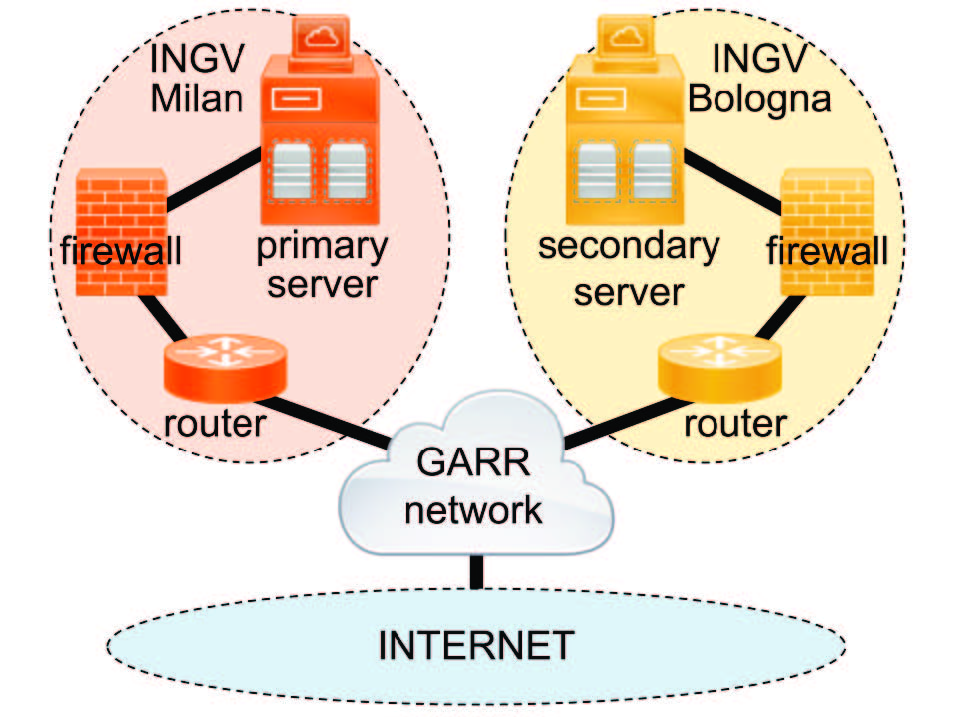Making Linked Data more reliable with a failover server system: a case study with seismological data at INGV.

Nannipieri L., S. Cacciaguerra, S. Mirenna, M. Locati, M. Marletta, E. Gucciardi (2019). Making Linked Data more reliable with a failover server system: a case study with seismological data at INGV, Annals of Geophysics, 62, DOI: https://doi.org/10.4401/ag-8050.
Abstract
Since the introduction of the Linked Data concept more than a decade ago, today the way scientists use and share their research data is increasingly changing. The growing availability of big amounts of Open Research Data is challenging the old-fashioned habit of replicating large datasets locally prior to their processing, and the new Open Science paradigm tries to update the way researchers works by pushing them into solutions enabling a quicker, lightweight and more efficient circulation of research results. Granting access to its data resources is an activity taken very seriously at INGV, moreover as it is head of two important European Research Infrastructure Consortium (ERIC), namely the European Multidisciplinary Seafloor and water-column Observatory (EMSO), and the European Plate Observing System (EPOS). As more and more data are becoming accessible via web services, an increasing number of researchers are starting to include their use in their workflows, thus, heavily relying on their correct and continuous operational functioning, in other words, in their service continuity. Experimenting solutions for enhancing the reliability of web services is at the core of the present work. We propose here a solution that is able to guarantee the functioning of a service in case of an IT infrastructure fail, a mechanism that is able to automatically switch to a secondary server located in another network. The solution is made possible thanks to a collaboration with GARR, the ultra-broadband network dedicated to the Public Italian Research, and is able to deal with network problems, server hardware problems, as well as service level problems.


Devi effettuare l'accesso per postare un commento.